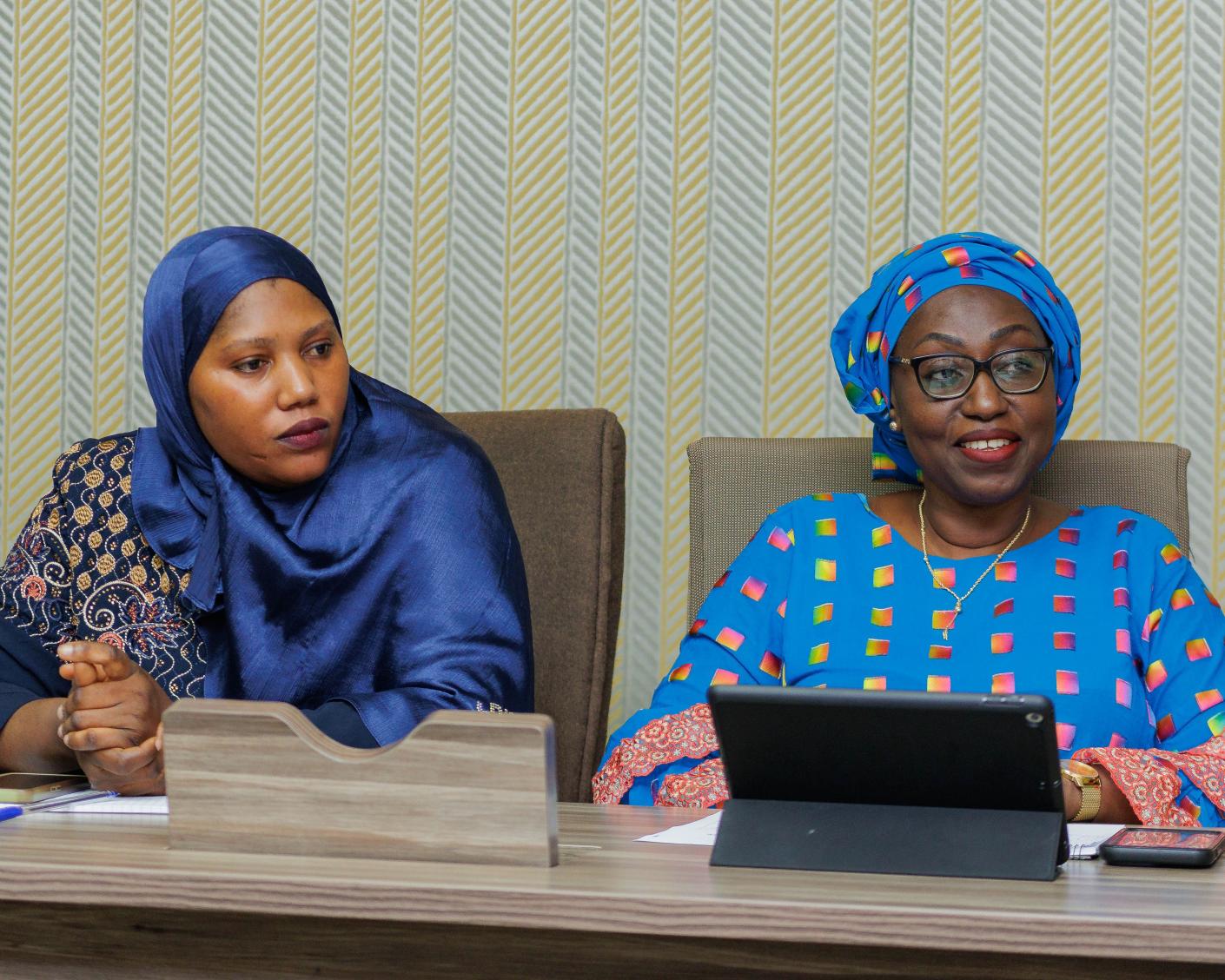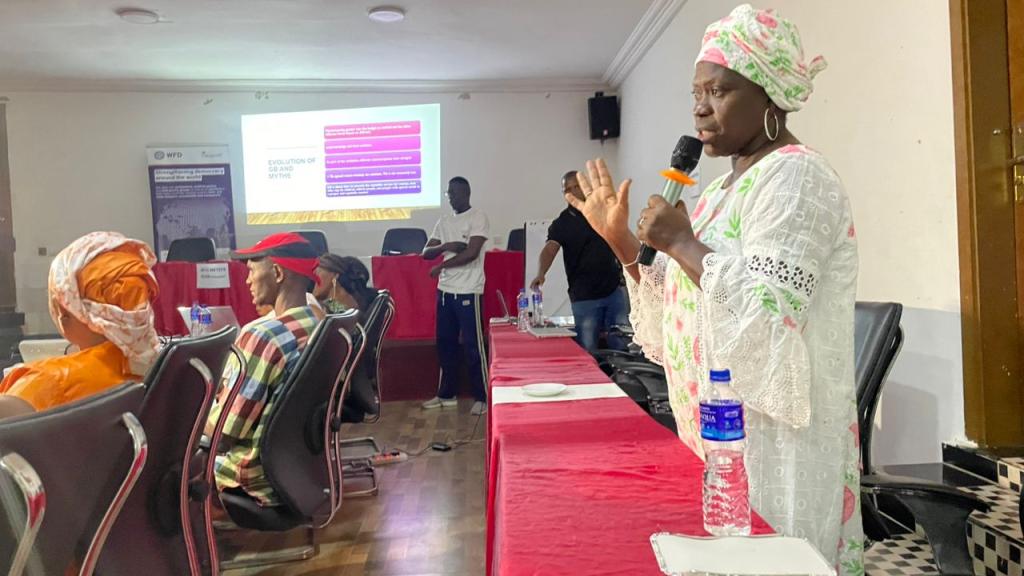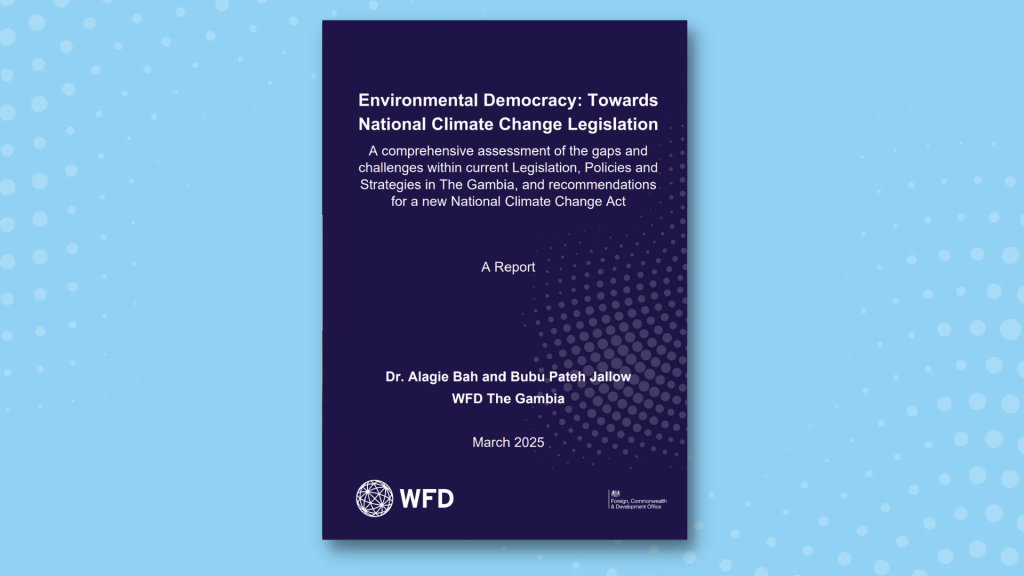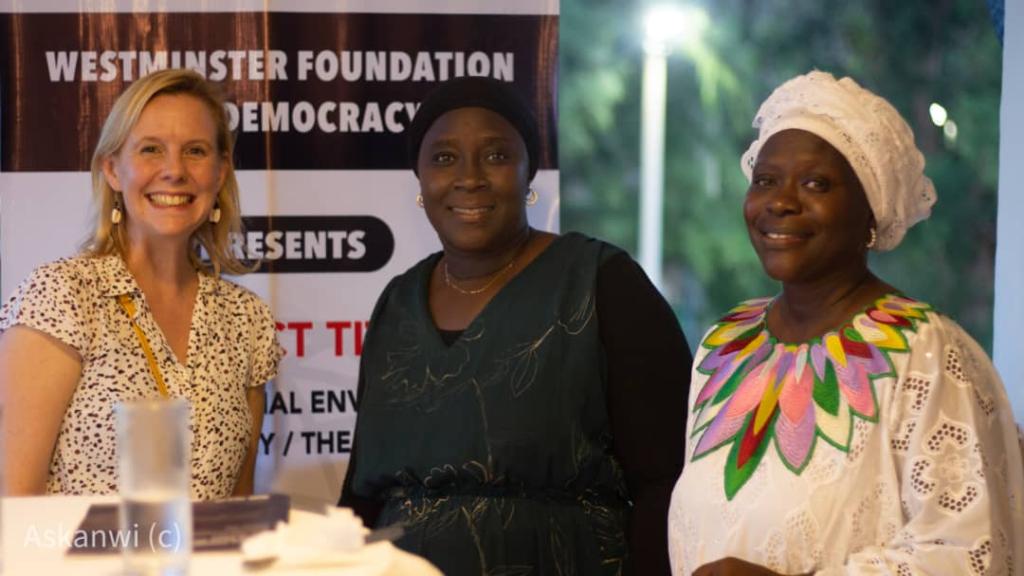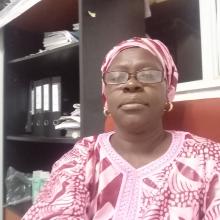Political context
In December 2016, Gambians went to the polls and voted out the former President Yahya Jammeh who had been in power for 22 years. In April 2017, legislative elections took place which saw the most diverse parliament ever elected. Over the prolonged period of 22 years of authoritarian rule, public institutions became weak in the Gambia, especially the parliament – the National Assembly.
With a vision to support the transition to democracy, WFD was invited by the British High Commission to provide induction training to the newly elected National Assembly members. This led to other engagements including assessments of the communication needs as well as the human resource capacity of the parliament. All these culminated into a partnership between WFD, Commonwealth Parliamentary Association UK (CPA UK), and the National Assembly in 2018. Since then, WFD has been actively engaged in building the human and institutional capacities of the institution.
Key areas of work
Current programmes
Environmental democracy programme
This project seeks to identify and tackle gaps and challenges at both policy and institutional levels through participatory approaches involving a diverse range of stakeholders, including parliamentarians, civil society organisations (CSOs), and the media. The project aims to address these issues and challenges by engaging in adaptability measures and involving parliamentarians in the legislative process. Research has identified gaps in The Gambia's environmental legislation and the involvement of lawmakers in climate-related issues, which the project intends to highlight. The project is conceived to ensure that parliamentarians are informed and equipped to develop better policies, especially in relation to climate change, and to notably be involved in the process of the development of a Climate Change Act in The Gambia. The project is primarily led by National Assembly (NA) members with support from WFD and the project’s goal is to build the capacities of these NA members to address national gaps in the fight against climate change, including the urgent need for a comprehensive National Climate Change Act (NCCA) as called for by the National Climate Change Policy (2017 – 2025).
Grant-in-Aid (GIA) programme (2022-2025)
Through the FCDO funded GIA programme (2022-2025), WFD is continuing to support and build the capacity of the National Assembly (NA), notably through the Finance and Public Accounts (FPAC) and the Gender committees, through a series of interactive and public facing activities designed to drive accountability and inclusion while bringing the voices of citizens closer to parliamentarians.
To strengthen the oversight functions of the Assembly and strengthen its relationship with stakeholders, WFD supports engagement between the media, civil society, and the NA.
To strengthen administration, efficiency, performance, and delivery, WFD continues to partner with the National Assembly Inter-Departmental Research and Information Group (NAIDRIG). Furthermore, the piloting and institutionalising of PLS within the NA aims to increase accountability within the country’s political system.
WFD is also working with a selected group of women councillors to expand democratic space and more effectively champion the rights of marginalised groups.
Completed programmes
Strengthening civic and political participation of women in The Gambia project
In The Gambia, women represent more than half of the population (50.5%). Women also comprise a majority of all Gambian registered voters by about 58%. Despite this, the political arena in the country is largely dominated by men. WFD in The Gambia worked on a project to strengthen women leadership by supporting women leaders navigate the challenges they face and bring about more inclusive democracy. Through the project, which was in partnership with the Community of Democracies (CoD), participants become more emboldened and focused on their career as political leaders. Several of them got elected in their party executives and other structures. The training further served to enhance better relationships across parties and to remove most of the misconceptions and unhealthy rivalry these participants share.
Inclusive and Accountable Politics
Strong and democratic institutions promote transparency, inclusion, and public participation. Though the FCDO-funded Inclusive and Accountable Politics (IAP) programme, WFD in The Gambia worked to strengthen the internal capability of the National Assembly of The Gambia as well as bringing public awareness to its work. This was through three major streams of activities. First, by supporting the operations of the Inter-Departmental Research and Information Group (IDRIG) – which serves to bring about effective coordination, strengthen communications, and provide guidance and monitor performance and delivery of the National Assembly. Second, working with the Finance and Public Accounts Committee (FPAC) to promote opportunities for public involvement in the formulation, implementation, and monitoring of the budget process. And third, through supporting the Petitions Committee of the National Assembly to provide redress to citizens’ grievances.
Learning from The Gambia’s Response to COVID-19 and its impact on marginalized groups
During the COVID-19 pandemic, The Gambia embarked on measures to curtail the spread of the Coronavirus. This included the imposition of restrictions on movement, gatherings and businesses thereby affecting the way of life and livelihoods of people. The Government also provided food relief to the population. Funded by the British High Commission, WFD assessed how the measures imposed impacted women, youth, and persons with disabilities (PWDs) and to learn lessons for future emergencies. It was found out that these marginalised groups were not fully consulted in the decision-making processes, enforcement of measures and distribution of food relief. The conversations also involved law and policy makers and public officials at both central and local levels, CSOs as well law enforcement agencies. The project succeeded in bringing to the fore the issue of inclusion and diversity and made public institutions realise the impact of their decisions and actions and how these can go to affect lives. The project created a realisation and commitment expressed by public officials that in future adequate consideration will be provided to all sectors of society especially to the marginalized.
Enhancing women, youth and politically marginalised group’s political participation and representation in decision-making processes and institutions
Targeting political parties, the project aimed to open the political space to be more inclusive of women, youth, and persons with disabilities. Political parties are generally led by men who wield more power in decision making processes. Women and youth are usually the most active within political parties, but they mainly serve as mobilisers of supporters, cheerleaders, organisers of events and voters. WFD reviewed the instruments and structures of parties as well as providing training to various levels of party membership and leadership. The project succeeded in making the subject of inclusion and diversity a matter of interest for the parties and especially for the young people, women and PWDs. Bringing these participants together helped strengthen interparty relationships. Above all, it brought about a unity of purpose among the participants. They realised that they all face the same circumstances in their respective parties, hence the need for concerted effort to enhance their inclusion and participation.
Key results
53 directly elected and 5 appointed National Assembly Members have benefited from an induction.
Launching and running of National Assembly Hour, a weekly radio show dedicated to all things National Assembly related.
Successful conducting of first national session on public debt, between Parliamentarians, Public Debt Office, and the Ministry of Finance.
Creation of a PLS Working Group within the National Assembly.
Communications Unit established within the National Assembly.

National Assembly website and social media accounts developed and launched.
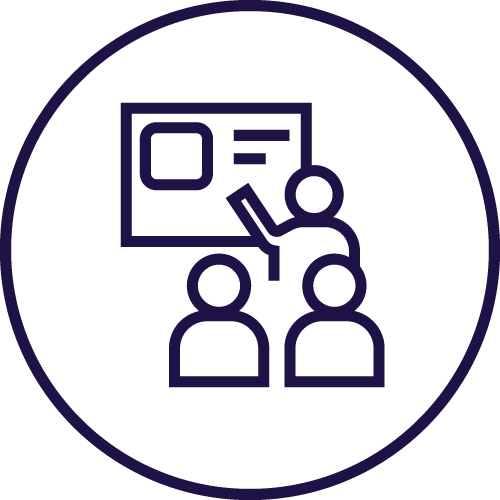
Committee Secretariat training on reporting writing, documentation, use of ICT as well as other technical aspects of their work.

Development of a Charter for the rights and dignity of women, girls, and women with disabilities in The Gambia.
Development and validation of a report by WFD and the National Assembly's Environmental Committee assessing gaps and challenges in current legislation, along with recommendations for a new National Climate Act.
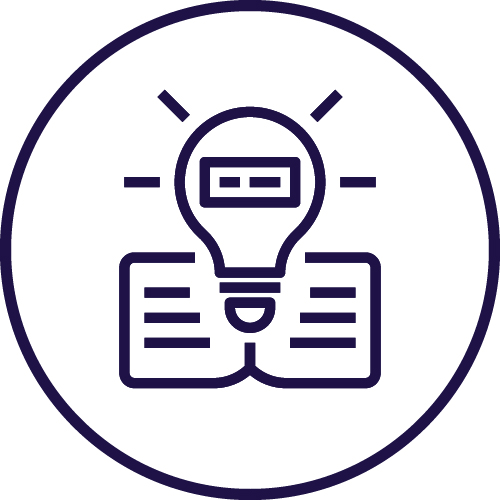
A Memorandum of Understanding (MOU) was signed between the National Assembly, Civil Society Organisation, and the Media.
Latest news
Contact us
Address: Assembly Building, Reginald Pye Lane
Banjul
Gambia
